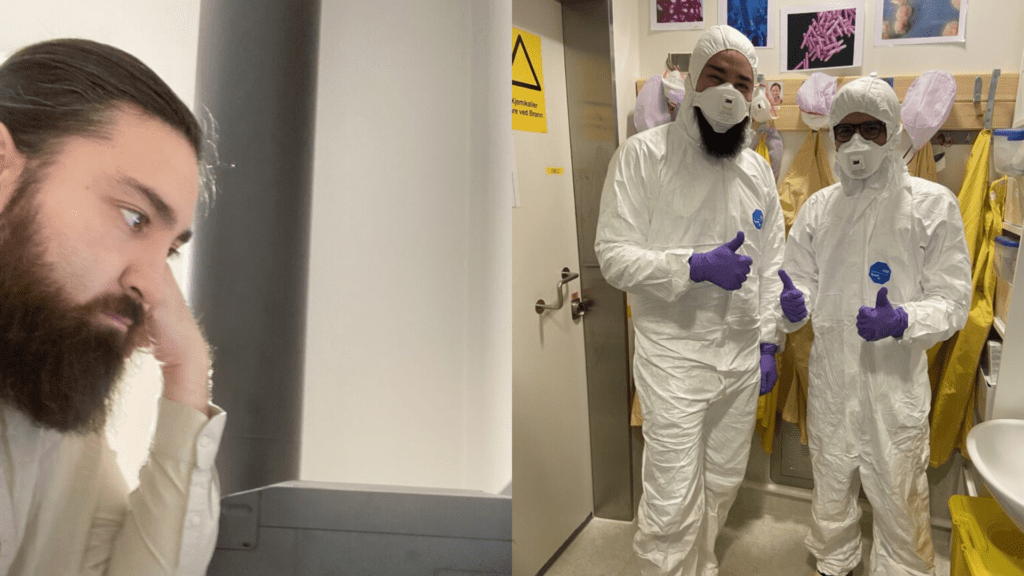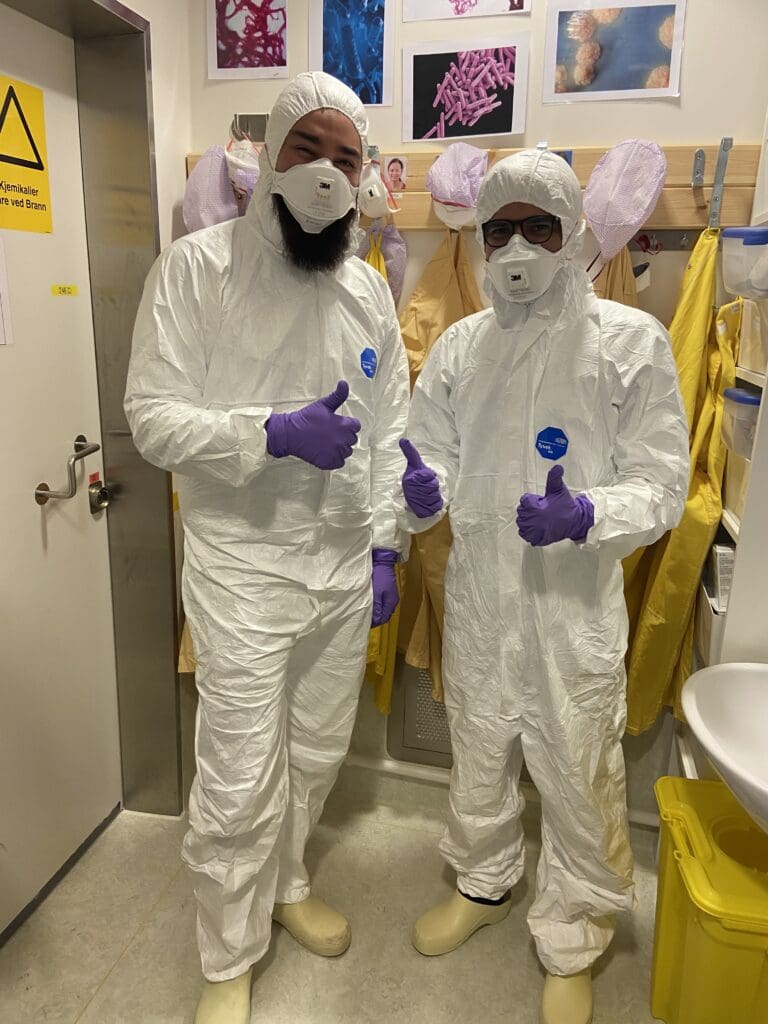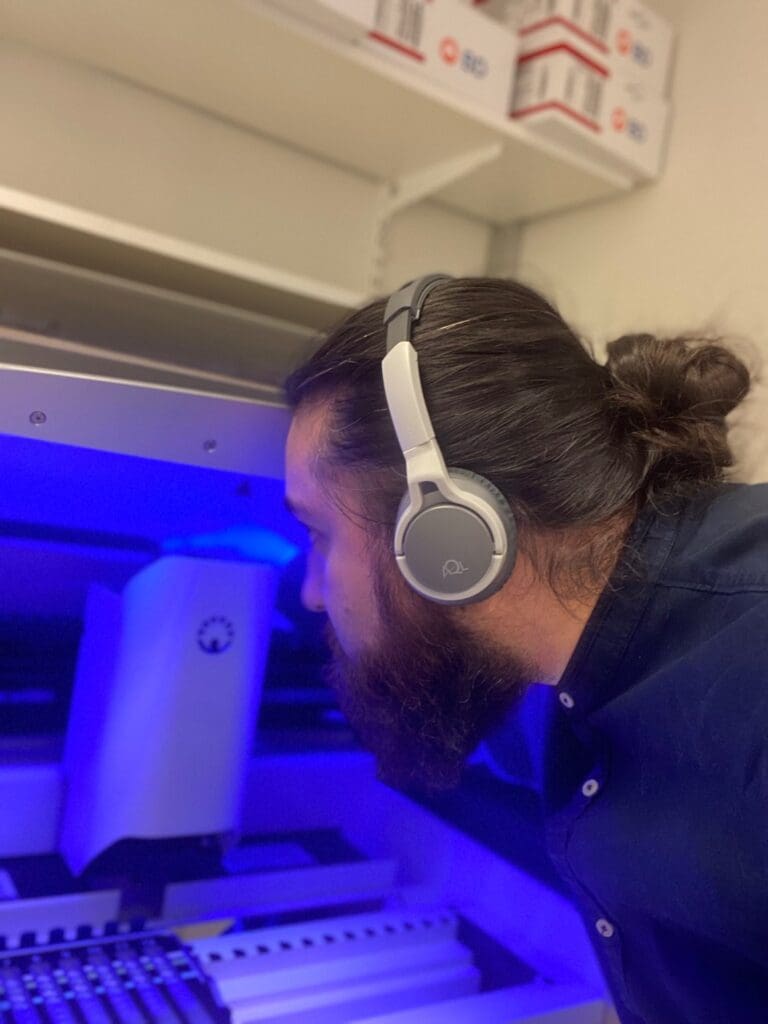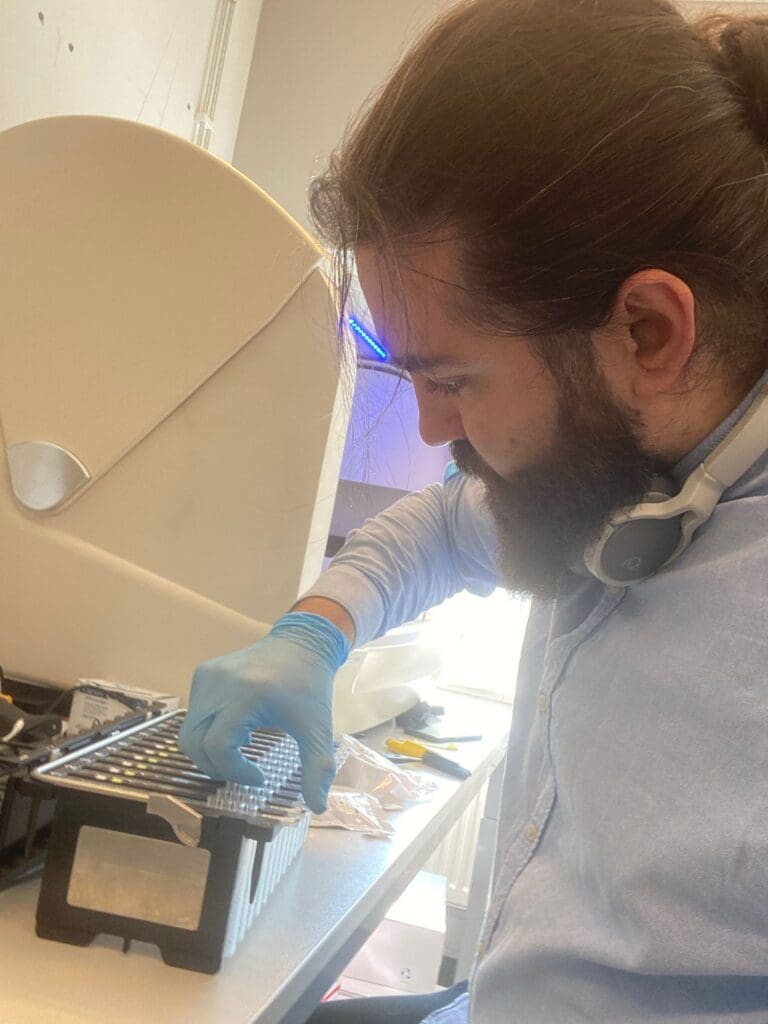Being a Humble Leader of Field Service Engineers
Roberto Aghaei works for BD and is the Field Service Engineer Team Lead for IDS (Integrated Diagnostic Solutions) Nordic. He is based in the Oslo area of Norway.
In this article he discusses leadership and the importance of being a “humble leader”.


What is a humble leader?
A leader leads the path.
A great leader is not (always) the best engineer or technical resource; but an important lead who recognises the company’s resources and its strengths and weaknesses. Also, the leader recognises how to delegate different tasks to the right people within the company vision, goal, and strategy. By staying accountable the leader monitors that the employees continue within the company culture, vision, roadmap, and strategy. The leader will only interfere if asked for help or if an employee is not following the company vision.
A true leader lets the team fill the space in the room. The leader lets the team:
start discussions and
come up with ideas on how to deal with challenges.


How does a humble leader delegate?
A humble leader also delegates responsibility within the team so that the team members become pro-active instead of passively awaiting their orders. Responsibility gives the engineers a feeling of commitment and ownership in the company. So, they take pride when they finish projects, tasks and receive gratitude for their efforts and ideas. This is a great way to bring out the best of employees and make them strive to become the best version of themselves. It also creates a dynamic work friendly environment with mutual respect where everybody strives to help and lift each other up.


A leader’s main characteristics
What are the main characteristics of a leader?
Now, everyone has their own idea about the characteristics a leader should possess, and many might add more to the list. But for me I break it down into four areas which are:
Character
Attitude
Reliability
Communication.
Character
What are the key characteristics needed for a leader?
A leader needs to have a clear vision and know how to communicate this vision to others. And more than that, make them believe in this vision. Integrity, empathy, accountability, adaptability, humility, and empowerment are all or should be part of the modern, humble leader.
Also, an extremely important characteristic is decisiveness. Sometimes tough decisions need to be made and a good leader needs to make them with confidence and at the right time.
Attitude
What do you feel are the key elements of attitude?
There are three key elements of attitude.
Be a doer! Find solutions and opportunities where others find problems and failure.
Say you can and bring the best out in any situation. Be flexible and think outside the box. A leader needs to be able to do this to tackle challenging situations with tasks, customers, but also crises that can occur internally.
Be positive, ALWAYS!
Reliability
Why is reliability the most important characteristic?
This is maybe the most important characteristic that is most valued by team members, stakeholders, and customers.
Only promise what you can keep to and follow through on your promises and commitments. Be predictable and trustworthy. Be dependable, be there when you are needed and be responsive to your team members’ needs and concerns.
Reliability creates trust and confidence which again leads to a positive and productive work environment.
Communication
How important is it to be a good communicator?
A person might have all the necessary skills to become a leader but a person with excellent communication abilities can motivate, inspire, and guide the team towards common goals. The dynamic in the team feels different with a leader who knows how to communicate.
For me it is important to be concise and clear in my message. Don’t confuse your counterpart with long and complex sentences but at the same time ask questions, ask for feedback, COMMUNICATE.
A good leader with communication skills is also a great listener. This is to gain an overview of different perspectives within the team.


A leader
Find the leader within you, be authentic.
How do you define a leader?
They say leaders are readers. It is correct. Leaders read to learn, to get inspired, motivated, etc.
But do not copy, do not copy other managers’ style even if you think they are a great leader. What works for them does not necessarily work for you. You can learn from them, but what makes you unique is that you are different. We need different styles in leadership, otherwise we won’t be able to learn from our mistakes, optimise our way of doing things and challenge old traditions to make way for new ideas and paths.
This is exactly what inspires me to want to work within the world of leadership. It is a never-ending learning path, an always changing environment that challenges you to go further, strive for more and create a better tomorrow. This is because so many lives are dependent on leaders doing the right thing, making the right decisions and creating a working environment that we can all thrive in.
Leadership is also power.
Why should you become a leader?
Don’t forget if:
you want to change something,
something is wrong or can be done in a more efficient way,
you want to change how we look at things,
you want to try to implement your ideas and you want to do something about it.
Then leadership is what you need to step into.
A toxic environment is where companies lose amazing people and is caused by bad leaders.


Conclusion
What is your personal experience of leadership?
I speak out of experience, and through my entire career I have seen companies not being true to their vision, culture, and what they preach. The result is bad business and losing competent people.
It is crucial that today’s generation that are interested in leadership, challenges and changing static, traditional, in many cases toxic leadership, into dynamic, modern, engaging leadership.
A humble leadership model where leaders are more interested in lifting, promoting, and giving credit to the team members, rather than taking all the credit for themselves. If this happens, we can keep the best minds and business can flourish. I am very lucky to have the chance to work in exactly this kind of environment within a business I believe in. I have leaders who inspire me to give my best today, so that I can inspire others tomorrow.
Further reading
Manuel Alberto Valero Uribe discusses Intercultural skills, languages, and sales engineering.
Recruiting, building, and leading teams without bias (conscious or unconscious).


Thank you for your leadership Roberto. Your advise and words are full of wisdom, and they resonate with me on how I hope to lead others. Thank you for contributing your experience to the group. I appreciate you and your style. God bless you.